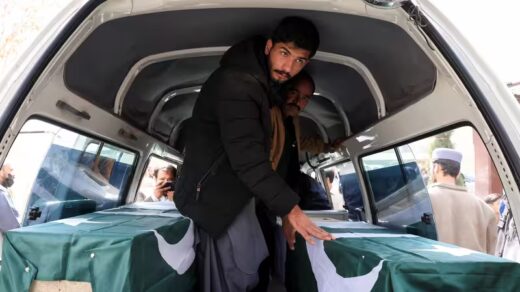
Over the past few weeks, speculations have been circling that the Rwandan government is planning to invade its neighboring country of Burundi. The nations have been butting heads for years, and officials worry that their disputes will reach a climax of destruction.
Tensions started between the groups when the Twa, an indigenous pygmy group, were the first to inhabit the land which is now the area of the two countries. The Hutu, another group within Rwanda and Burundi, came after, around the 5th to 11th centuries. The Tutsi people’s settlements followed them, eventually dominating the Hutu in a feudal system called ubuhake. The system made the Tutsi authority more profound, and ethnic tensions started to form. Additionally, Belgian and German colonialism of the region strengthened already present hostility, instituting apartheid-like identity cards on the people, and declaring the Tutsi people better fit to rule the region than the other ethnic group based on – in the words of the Belgians – their “undeniable intellectual superiority, important qualities, and ruling potential. National disputes then became extremely heightened during the 1959 Hutu and 1962 Independence of Rwanda and Burundi; the events resulted in intense ethnic violence and a state of emergency. With the overthrow of the Tutsi rebellions and the Hutu leaders, which followed, the nations have never been truly able to reconcile.
Burundi’s president Évariste Ndayishimiye has claimed to see “credible intelligence” that Rwanda plans to attack his country. Additionally, he accuses Rwanda of attempting to launch a coup ten years ago, similar to “what it is doing in the Democratic Republic of Congo” in present times. “Burundians will not accept being killed as Congolese are being killed. Burundian people are fighters…But now we don’t have any plans to attack Rwanda. We want to resolve that problem by dialogue,” he adds.However, Rwanda’s response is unexpected as the nation denies the claims of attempted war brought against it. Rwanda’s foreign minister – Olivier Nduhungirehe – describes the accusations as “unfortunate,” and claimed that the countries were holding discussions, agreeing on the need for military and verbal abatement. Additionally, amid the war in the Eastern Congo, Rwanda has been, according to the United Nations, sending arms and troops to support M23 (The UN has also provided concrete evidence for Rwanda’s plans to attack Burundi, which Rwanda has denied once more). The Burundians have been fighting alongside the Congolese to combat the M23 rebels, but blood continues to be spilled. Rwanda has denied all claims of support for M23, claiming its forces are acting in self-defense against the Congolese army. Only time will tell the future of Rwanda and Burundi’s relationship, and any results that transpire from the conflict are sure to have a ong last effect on the people in each respective country, as well as nearby individuals in the region.
Written by Alexandra Kwitkowski


